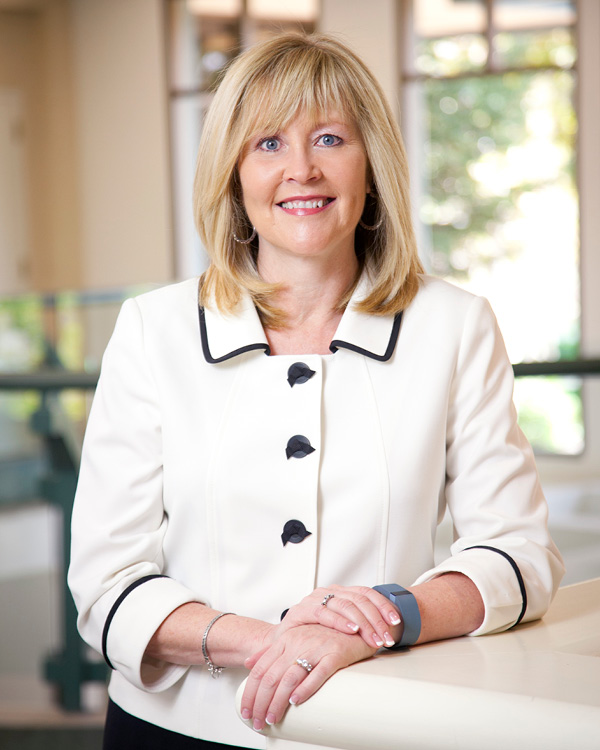
My personal leadership postgraduation journey
In 2010, when I applied to be a member of the inaugural doctoral cohort at the Betty Irene Moore School of Nursing at UC Davis, I was focused on the nursing science and research aspects of the program. Having held leadership positions at the state level, I believed I was already recognized as a leader within my profession.
While serving on the board of directors of the American Association of Diabetes Educators, I saw the need that existed for researchers to focus on innovation and technology in diabetes and chronic disease. I saw the research focus and leadership as separate needs.
In the personal statement of my application, I wrote: “My success as a leader is correlated with my passion for improving the health of my community.” I felt my path was set. I had a mission, a vision of how to achieve it and passion.
What I realize now is that the School of Nursing’s emphasis on leadership benefitted me the most. The faculty and programs at the school gave me confidence to use my voice to effect change and my skillsets to question things. The unique opportunity allowed me the freedom to say, “This is what I think and this is why I think it.” The leadership component improved my skills and sharpened my focus on strategy, program development, quality improvement and visioning for our health system. The opportunity to serve a three-year term as an officer for AADE put my newfound skills to work immediately!
As AADE president in 2015, I traveled more than 80,000 miles, attending 24 meetings in nine states and three countries. I had the honor to represent diabetes educators not only at diabetes-focused meetings, but also to address technology and digital health at health-policy meetings.
I led the board of directors while drafting our association’s strategic plan. Several members desired a more future-focused mission that demonstrated our innovative thinking. As you can imagine, not everyone welcomed significant change. I recall from my first seminar reading Thomas Kuhn’s The Structure of Scientific Revolution and realized we were in the midst of a paradigm shift. Many members were not ready to let go of the past. Through challenging discussion and eventual compromise, we developed a forward-facing mission that clearly showed our desire to innovate, yet maintained the association’s history.
I recall Dean Heather M. Young telling our class that if she does not feel uncomfortable every day, she’s not doing her job. I’ve channeled that perspective. As a leader you effect change. It’s not always easy to have those difficult conversations, but I believe that having the confidence, knowledge and fortitude to do what’s right elicits the best outcomes.
The ultimate goal of any postdoctoral experience is to pursue additional research, training or teaching to improve your skills for academia or research. My three years with AADE, coupled with the four years I spent pursuing my doctorate at the School of Nursing, challenged me and changed me in fundamental ways — intellectually, personally and emotionally — and prepared me to lead in whatever arena comes next.

